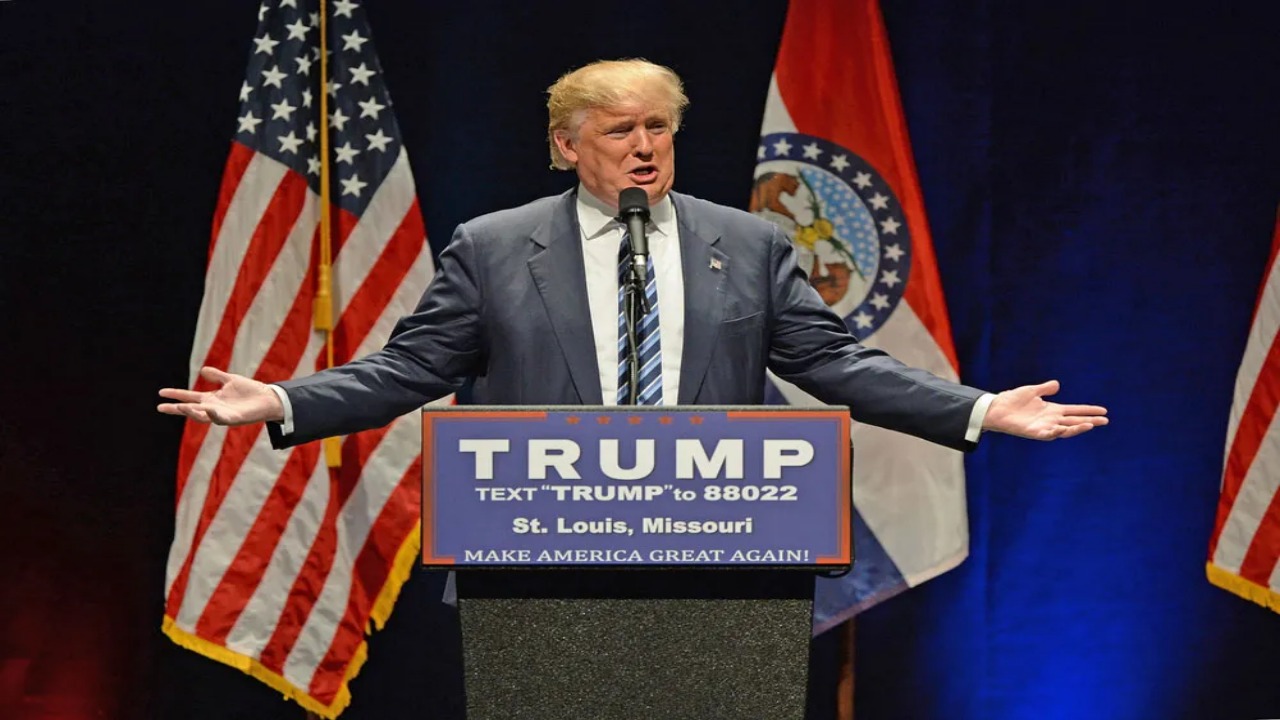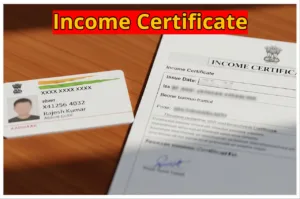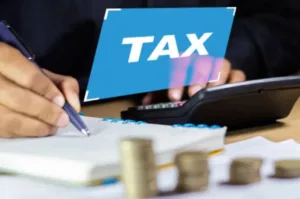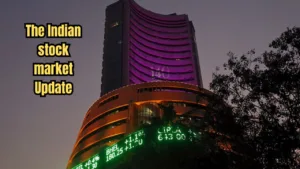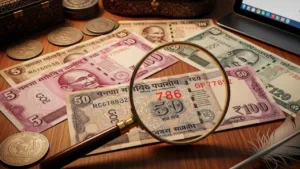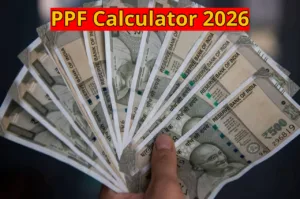New Delhi: US President Donald Trump is imposing reciprocal tariffs on many countries, including India, from today, i.e. April 2. Trump has called India the tariff king on several occasions, so there is a high possibility that he will take strong action against India. Donald Trump has also made it clear that after the tariff is implemented, the way for talks with the concerned countries will remain open. That means he can negotiate.
Tariffs are high in India
Experts believe that reciprocal tariffs can badly affect many sectors in India.According to an ET report, Ross Maxwell, Head of Global Strategy Operations at VT Markets, said India has historically imposed higher tariffs on US products, while US tariffs on Indian products are relatively lower. In such a situation, India can remain on the target of Donald Trump. Especially, India’s pharma, automobile, agriculture and textile industries can be badly affected by US tariffs.
Electronics Exports
India’s electronics exports to the US stood at around $11.1 billion in FY 2024. Electronics contributes 14% to India’s total exports to the US. Mobile phones account for a large share of India’s electronics exports. Experts believe that the tariff hike may force companies like Apple to reconsider their India production strategy, which will not be good for this industry in India.
India’s total is $33 billion
India is a global leader in the gems and jewellery sector. In this category, the US accounts for 30% or $9.9 billion of India’s total exports of $33 billion. This includes cut and polished diamonds, gold jewellery and lab-grown diamonds. Emkay Global says that the impact of heavy US tariffs on this sector could be huge. In such a situation, Indian manufacturers may shift their base to countries like Singapore, UAE or Oman, where US tariffs will be lower than on Indian products. Apart from this, the reduction in exports may also affect employment opportunities in this sector.
Pharma Sector
Talking about the pharma sector, India supplies 47% of generic medicines to the US and is an important partner of the US healthcare system. India’s generic medicines are cheap, due to which there is a good demand for them in the US. But due to the increase in tariffs, medicines may also become expensive, which may weaken its hold on the US market. Global brokerage agency Nomura says that if a 10% tariff is announced for the pharma sector, then a positive reaction may be seen in Indian pharma stocks, but a tariff of more than 10% will have a negative impact.
Automobile
India may not directly export cars to the US, but it has a significant share in the US auto parts market. The US accounted for 27% of India’s total auto component exports in FY24. Many types of products including engine parts, transmission components and electrical systems go to America from India. In such a situation, it is natural for India to be affected by Trump’s tariff card. Sona BLW Precision Forgings, which derives 66% of its revenue from the US and Europe, may face pressure on margins. Experts say tariffs on engines, transmissions, powertrains could impact the supply chain. However, he also says that India’s export base is diversified, which will benefit it.
Textile
The US also has a major share in India’s textile and apparel exports. India’s US exports stood at $9.6 billion in FY24, which is 28% of the total exports of the industry. Experts say that this sector is facing competition from Bangladesh and Vietnam. If the tariff increases, Indian products will become expensive and Bangladesh and Vietnam can benefit from it. MK Global says that the implementation of reciprocal tariff can hit this sector hard.
